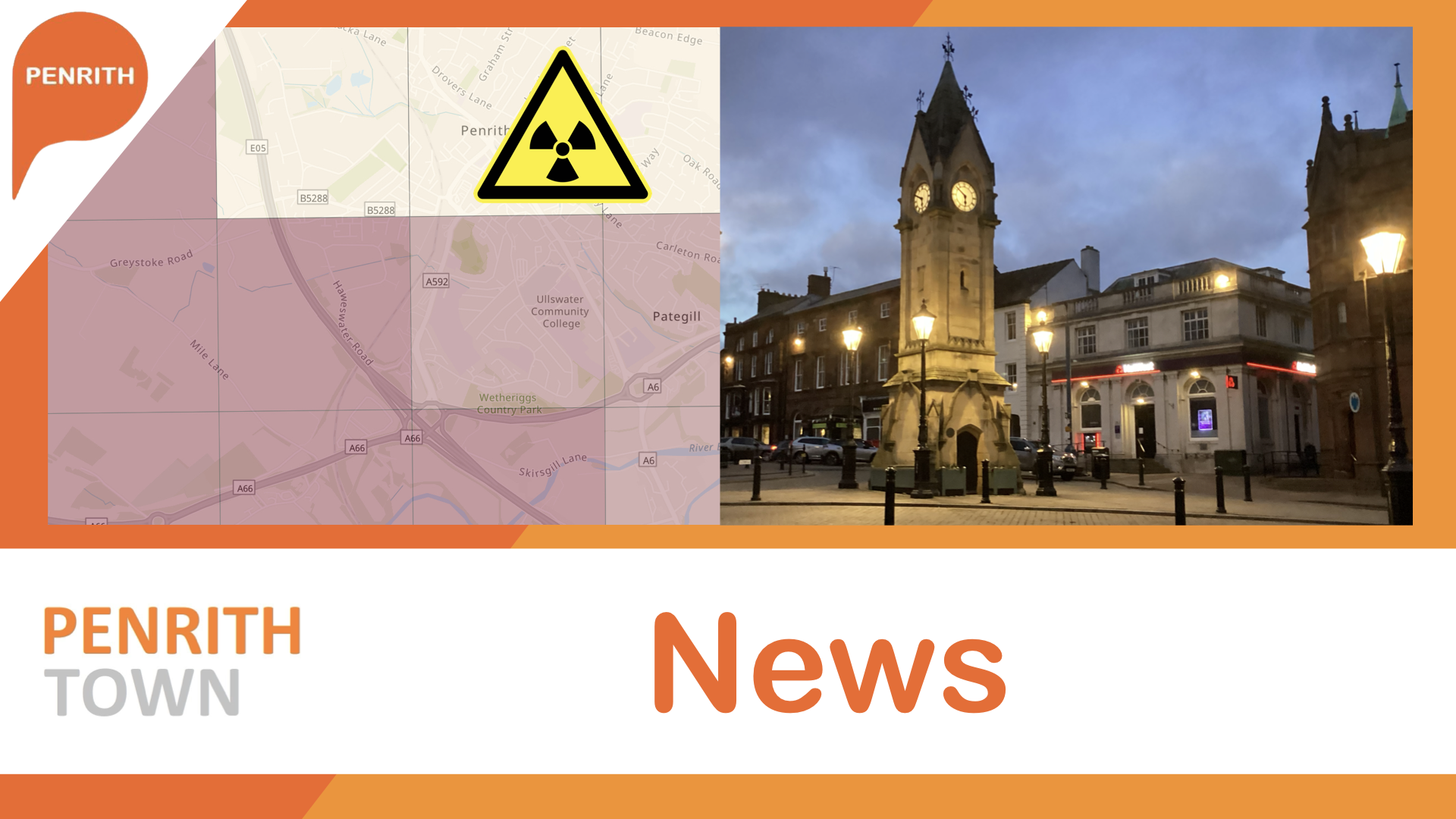
A planning application has been submitted for a town centre bank for the installation of internal Radon gas suppression system into the building on Devonshire Street.
Agents acting for the Royal Bank of Scotland submitted the application to Westmorland and Furness Council to carry out work to install a Radon gas suppression system for the suppression of Radon Gas in the NatWest Branch on Devonshire Street.
Parts of Penrith and the surrounding area are hotspots for radioactive Radon gas that is a colourless, odourless radioactive gas that is formed by the radioactive decay of the small amounts of uranium that occur naturally in all rocks and soils.
The gas is harmful as its elements decay and emit radiation which can cause damage in living tissues and increase the risk of cancer. The radioactive elements formed by the decay of radon can be inhaled, enter the lungs and continue to emit radiation inside the body.
The UK Health Security Agency says that Radon causes over 1,100 deaths from lung cancer each year in the UK.
Alongside impacts on residential properties in hotspot areas, Radon also has an impact on commercial buildings and workplaces including factories, warehouses, offices, shops, schools, hotels, nursing homes, residential care homes and health centres can have high radon levels without measures to reduce and suppress the gas entering up into a building.
The UK Health Security Agency requires that if the radon levels are above annual average concentration in a building, then action should be undertaken to significantly reduce the radon levels.
In a commercial building the levels that require action to be taken is 300 Bq m-3 as an annual average in any area of a commercial building, for residential properties the annual level that requires action is 200 Bq m-3.
 Then select "Add to Home Screen"
Then select "Add to Home Screen"